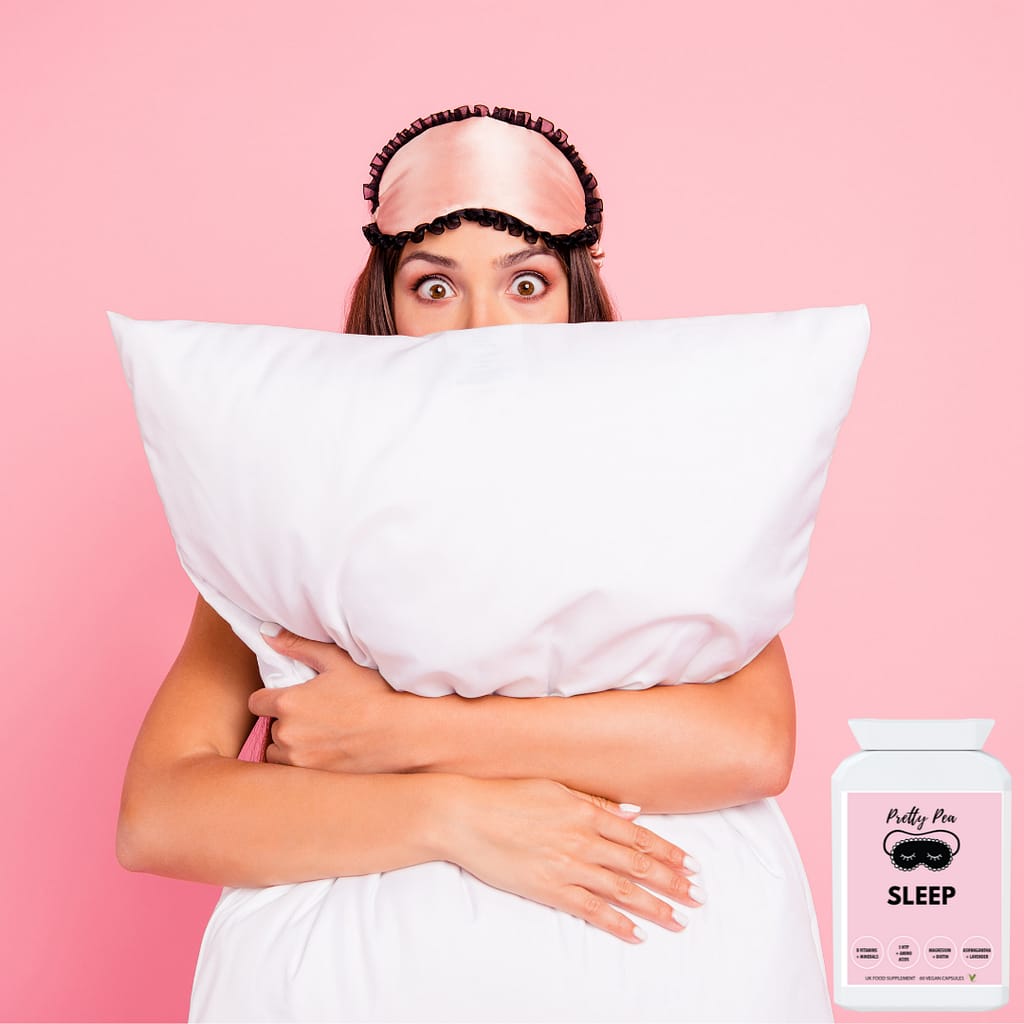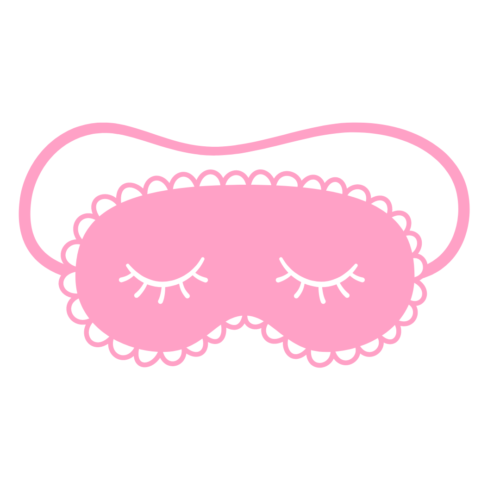WHY WE NEED SLEEP
Mastering your sleep is vital to your health and wellbeing. The quality of your sleep not only affects your mood and energy levels but impacts your body weight and stress levels too. Sleep really is that important so we’ve set out 15 top tips on how to achieve a good nights sleep.
Sleep is more than you just resting. It’s when your body gets to work repairing and rejuvenating your mind and body.
Sleep is where:
- Memories are made as your brain stores new information
- Nerve cells communicate for healthy brain function
- Your brain removes toxic waste that builds up throughout the day
- Muscles are built and tissues repair (muscles aren’t actually made in the gym)
- Your skin is nourished and cells repair and rejuvenates, we all know how tired and dull our skin looks after a bad nights sleep
- Your body restores energy and releases hormones and proteins so your body can be at its best and in harmony

KNOW YOUR CIRCADIAN RHYTHM
We all have a circadian rhythm with a natural sleep-wake cycle as our body’s internal clock and we have natural dips in alertness and wakefulness at certain times. Once you get used to going to bed and waking up at the same time each day your brain too adapts to this schedule.
It’s important to work with your circadian rhythm and your sleep and wake hormones. Hormone melatonin make you sleepy and your body releases more of it at night. Your cortisol hormone can make you more alert and your body produces more of this in the morning.
Body temperature and metabolism are also part of your circadian rhythm. Your temperature drops when you sleep and rises when you are awake with your metabolism working at different rates throughout the day too.
HOW POOR SLEEP CAN AFFECT YOUR BODY
Insufficient and interrupted sleep patterns can contribute to:
- Mood changes and emotional instability
- Depression
- Anxiety
- Fatigue
- Weakened Immune function
- Weight gain, affecting hunger hormones
- Weight loss resistance
So whatever the reason your sleep habits are out of sync, be it stress and mind monkeys keeping you awake or nose-diving hormones or night sweats during menopause, it’s super important to make it a priority to try and restore a solid 6-8 hours sleep each night.
Understanding the cause of your disrupted sleep is key, only then can you take the right steps to establish your sleeping habits. When following the steps below don’t forget to be patient and to be kind to yourself too – the longer your sleep has been out of sync the longer your habits have been affected meaning your sleep habits may take time to get back into a good routine.
15 SLEEP TIPS TO HELP YOU RESTORE YOUR SLEEPING PATTERNS

1. Help your body restore it’s sleeping pattern by going to bed at the same time every night, including weekends.
2. Wind down in a relaxing bath with Himalayan salts. Avoid bright bathroom lights and instead opt for scented candles and essential oils such as calming lavender and cedarwood.
3. Add these scents to your bedroom too by using diffusers containing essential oils or placing a few drops of oils on your pillow before bed.
4. Ensure you’ve finished your evening meal a good 2-3 hours before bedtime. If your body is still busy digesting food it can make it harder for your body to go into rest and repair mode.
5. No caffeine or stimulants such as alcohol and nicotine after 3pm – yes that early.
6. Get enough daily exercise during the day – 20 minutes or more of aerobic exercise is recommended. Go for a brisk walk if you don’t feel up to a workout, just some movement to stimulate your body.
7. Light exercise such as walking, stretching yoga can help you unwind in the evening. Just be sure to have completed this 60-90 minutes before bedtime.
8. Keep high intensity workouts for the daytime. Vigorous exercise raises body temperature and heart rate making it more difficult to fall asleep.
9. Keep your room at temperature at 65 degrees / 18 celcius.
10. A fan in the bedroom not only keeps you cool but adds white noise which blocks out other noises that can keep you awake.
11. No blue lights/electricals 60 minutes before bed. Blue lights can confuse your brain as it links light to daytime and your brain won’t tell your body to produce melatonin, the hormone that helps prepare your body for sleep. Plus activities such as scrolling, watching TV keeps your brain active when you want it to be winding down.
12. Read a good book or listen to a guided meditation.
13. Soft soothing music (without lyrics) may help you fall asleep faster as it can trigger hormones that improve mood.
14. If an active and busy mind or over-thinking keeps you awake write a to-do list or journal each night and get your list/ thoughts out of your mind and onto paper to clear your mind.
15. A regular meditation practice can also help to physically and mentally unwind and prepare for a good nights sleep. If you’re new to meditation follow a guided meditation, there’s lots of different styles on You-Tube. Find what works for you.
BONUS TIP
If you need more help getting into a sleep routine then Pretty Pea’s SLEEP supplement may help you. Combining balancing B vitamins and minerals such as Magnesium with sleep enhancing and relaxing herbals such as Lavender, Chamomile and amino acids 5-HTP and L-Theanine we’ve created the pretty perfect sleep aid to help you nod off in no time.
SLEEP gives you a helping hand when needed, supporting a restful night’s sleep for your mind and body.



Recent Comments